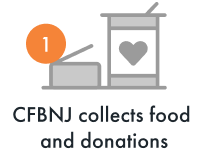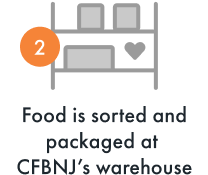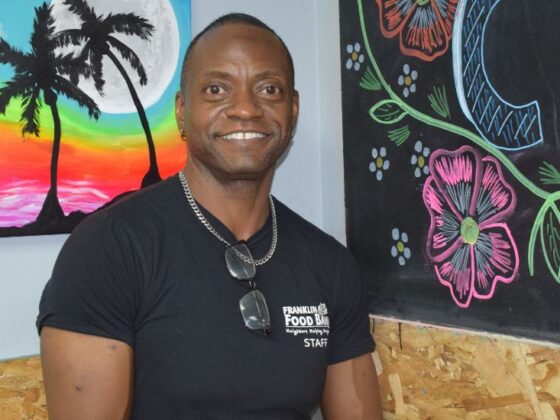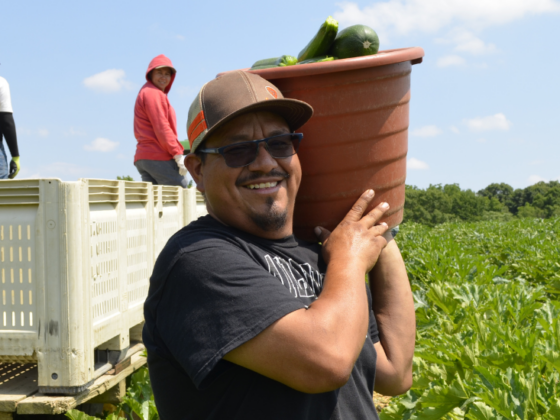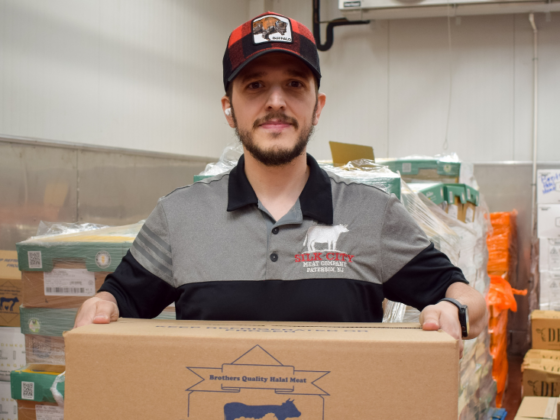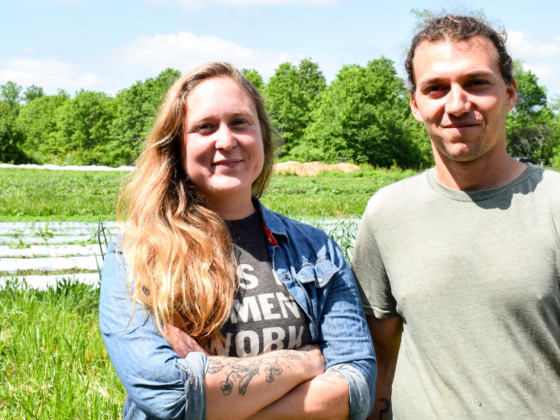Community Partner Spotlight: Meet Keli
Community Partner Spotlight: Meet Keli https://cfbnj.org/wp-content/uploads/2024/08/New-Site-General-Blog-Headers.jpg 1280 550 CFBNJ https://cfbnj.org/wp-content/uploads/2024/08/New-Site-General-Blog-Headers.jpgKeli Watkins has devoted her entire life to the service of others. “Every single job I’ve ever had since I started working has been in community service,” she shared. She served in the U.S. Army, worked as a youth counselor, supported families at risk of losing their SNAP benefits, helped those coming out of incarceration…










